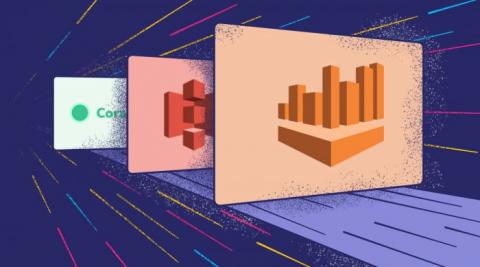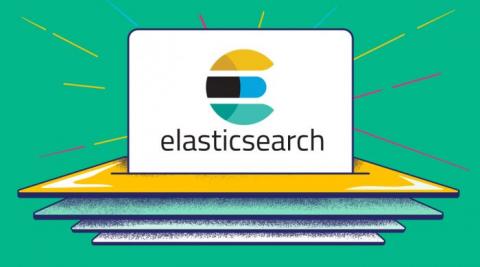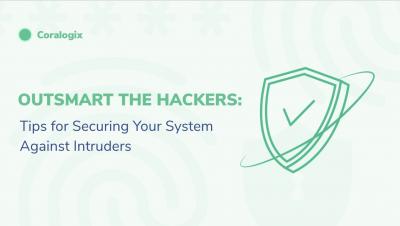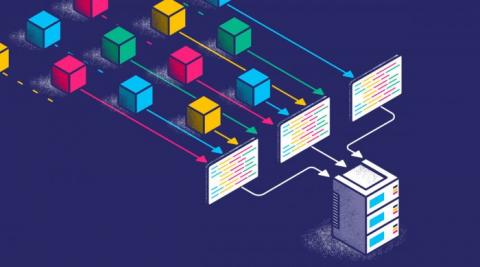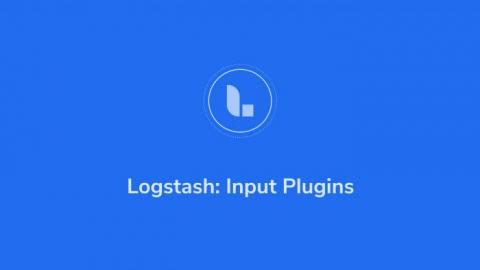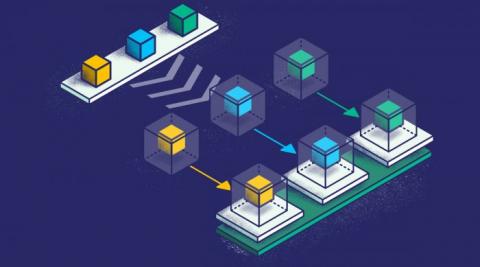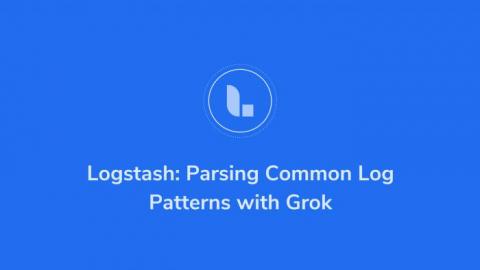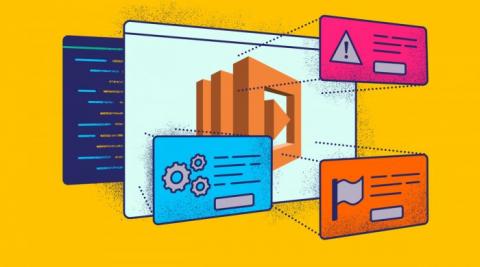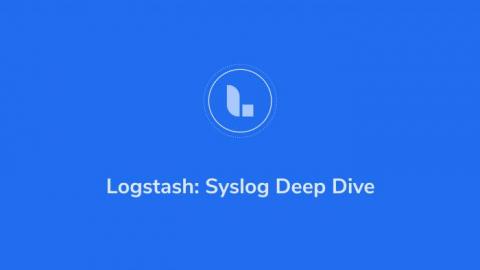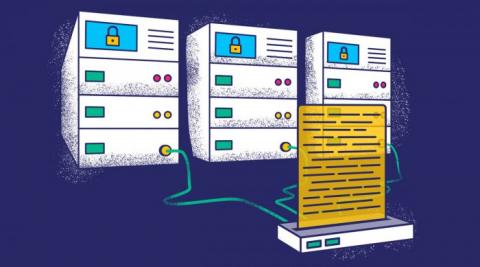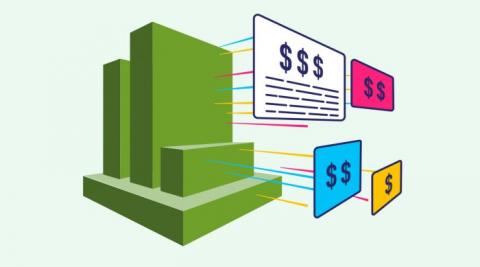Using AWS Athena with Coralogix S3 Archive
Coralogix can be configured to automatically and dynamically archive logs to an S3 bucket. This saves Coralogix customers money, but of course there are times when the data needs to be reindexed. This operation counts the reindexed logs against the daily quota. Many times customers would like to search and focus on the exact logs to be reindexed or even query the logs outside of Coralogix all together.


